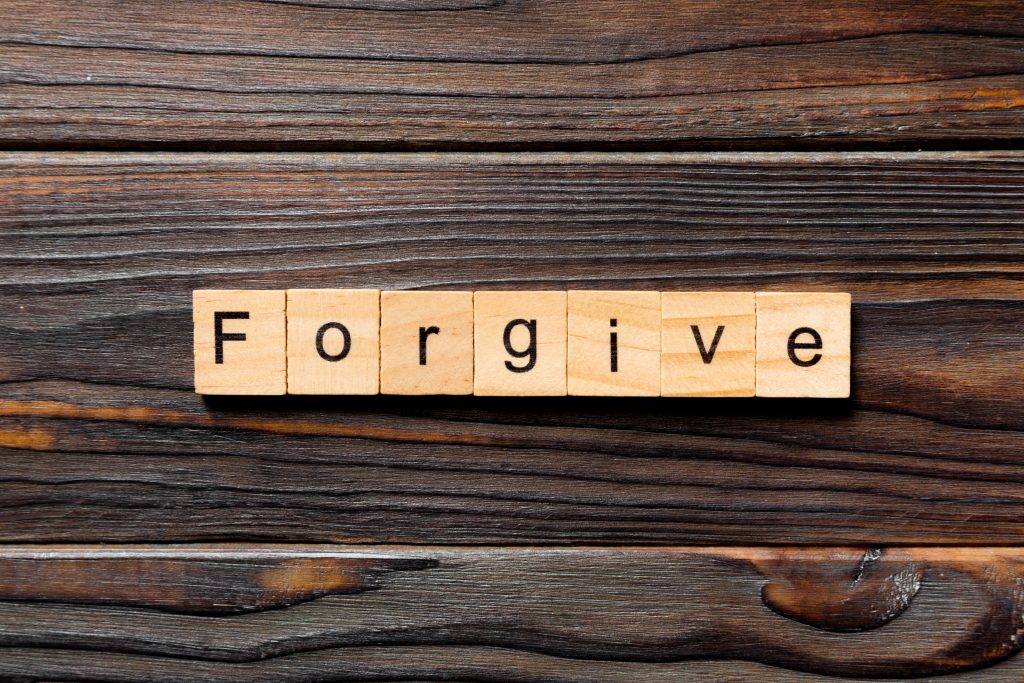You Are Wired to NOT Forget What Hurt You

You know you need to do it, you know it would free you to let it go, but it’s just so hard to forgive someone who has hurt you. But why is it so hard to forgive when it would be so good for you? I think it is hard to forgive because humans are actually wired to NOT forget incidents that have caused them pain or suffering.
NOT Forgetting Is A Survival Mechanism
Think about when a person becomes hypervigilant around all dogs if they have been attacked by one, and sometimes can’t stop thinking about the attack or mourning their injuries. Not forgetting a traumatic event is a survival mechanism: it forces you to pay attention to the things that can harm you, ensuring that you will actively avoid similar potentially harmful things in the future. Perhaps something similar is occurring, though the trauma is an emotional one.
The Difference Between Smart and Good
Forgiving and forgetting something that hurt you is, then, counterintuitive. You don’t want to be hurt again, and if remembering what hurt you before can act a bit like insurance that it may not happen again, why would you want to forget it (says your primitive brain)? Except that remembering the hurt over and over is painful and not desirable, so it also makes sense to stop doing things to yourself that harm you (says your developed frontal cortex). So there’s the bind.
Forgetting doesn’t seem like the smart thing to do. Remembering doesn’t feel like a good thing to do.
You Don’t Have to Forget to Forgive
Forgiving someone is a complicated process and it does not have to involve forgetting what they did, or condoning what they did. But it does involve getting to that place in the process where you accept that they did what they did, and any damage that was done is done. Maybe some of that damage can be repaired, maybe not. There’s nothing either of you can do to turn back time and make it different. There is just the moving forward from here.
But You Have to Accept To Forgive
Moving forward means also accepting that you can be hurt again. Maybe not by that person, but maybe you do have to accept that since that person is an imperfect human being, they might hurt you again. That part of the acceptance process allows you to not need to keep constantly remembering what happened so you can avoid it in the future.
Breaking the Trauma Equation
Going back to the dog attack, your brain eventually, hopefully, will assimilate enough non-traumatic experiences with dogs so that it won’t have to constantly remind you of the trauma and signal to you that all dogs are to be feared. If you avoid all dogs after an attack, your brain doesn’t get the benefit of non-traumatic experiences and gets locked into dog = trauma which then presents as a specific phobia of dogs.
Preventing the Emotionally Phobic Lifestyle

If you can’t forgive someone for harming you emotionally, then you may not allow yourself to be open to having experiences with other people that do not lead to harm, so you can break the equation of trusting people or loving people = emotional trauma. Living an emotionally phobic life is not healthy, so that’s why forgiveness is such a freeing experience for people and a pretty good solution. Forgiving others isn’t easy. You don’t do it for them. You do it for yourself, your health, and your best life.
( This post was modified from an answer to a question on Quora : Why is forgiving people hard for many people? )
Dr. Anita Sanz, PhD, Psychologist
- Life Planning (5)
- Therapy (43)
- Anxiety (11)
- Depression (16)
- On The Couch (16)
- Well Being (59)
- Health (10)
- Holidays (7)
- Life Hacks (20)
- Relationships (13)
- The Big Picture (9)
